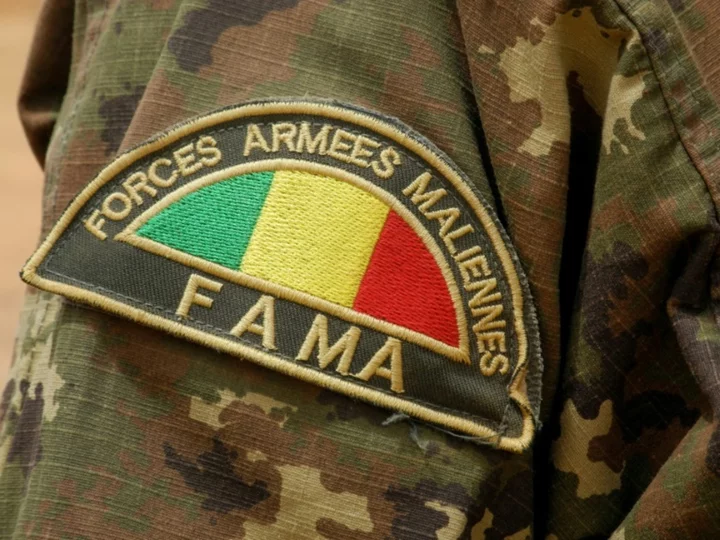A suicide attack targeted a military base in northern Mali on Friday, the army said, a day after deadly strikes on an army camp and a passenger boat by suspected jihadists killed 64 people.
The army said on social media that an airport section of a base in Gao had been hit in a "complex" attack.
It gave no details, saying only that "response and assessment are underway."
The region -- the cradle of a jihadist insurgency that has swept into three Sahel nations -- has seen a resurgence of tension in recent weeks, triggered in part by the pullout of UN peacekeeping troops from Mali.
An airport employee told AFP that Friday's attack entailed two car bombs accompanied by gunfire, and that the airport section of the base had been closed.
A day earlier, two separate attacks targeted a ferry on the Niger River as well as an army position at Bamba, also in Gao area.
The two assaults left 49 civilians and 15 soldiers dead, according to a provisional government toll.
It did not specify how many died in each assault, but the strikes were "claimed" by a group affiliated to Al-Qaeda.
The Malian army said on social media that the river boat was attacked by "armed terrorist groups."
The vessel was plying a route between cities along the Niger, a crucial transport route in a region where road infrastructure is poor and railways are absent.
Amid an increasingly unstable security situation in recent weeks, soldiers had been on board to provide protection, a military official said speaking on condition of anonymity.
It was targeted by "at least three rockets" which aimed at its engines, the operator Comanav said.
Images on social media showed a cloud of black smoke rising above the river. The incident took place in a remote area and the images could not be verified independently.
Three days of national mourning have been announced from Friday.
- Troubled north -
Landlocked, impoverished Mali has been struggling with insecurity since 2012 when a revolt led by ethnic Tuaregs erupted in the north of the country.
The insurgency was fanned by jihadists, who three years later took their own campaign into central Mali, Niger and Burkina Faso, sending shockwaves across the Sahel.
The northern rebellion was formally ended by a peace agreement signed between the region's rebels and the Malian government in 2015.
However, the fragile deal came under strain after the civilian government was toppled in 2020 and replaced by a junta.
Fears for the future of the accord have revived in recent weeks as tensions in the region have mounted.
The UN peacekeeping mission in Mali -- which has been told to leave by year's end -- handed over two bases near Timbuktu to the armed forces.
The handover triggered clashes between the army and jihadists and led to an angry showdown with former rebels.
Last month, an Al-Qaeda-linked alliance, the Support Group for Islam and Muslims (GSIM), announced it was blockading Timbuktu, the historic crossroads city of northern Mali.
bur-lal/kjm/ri

